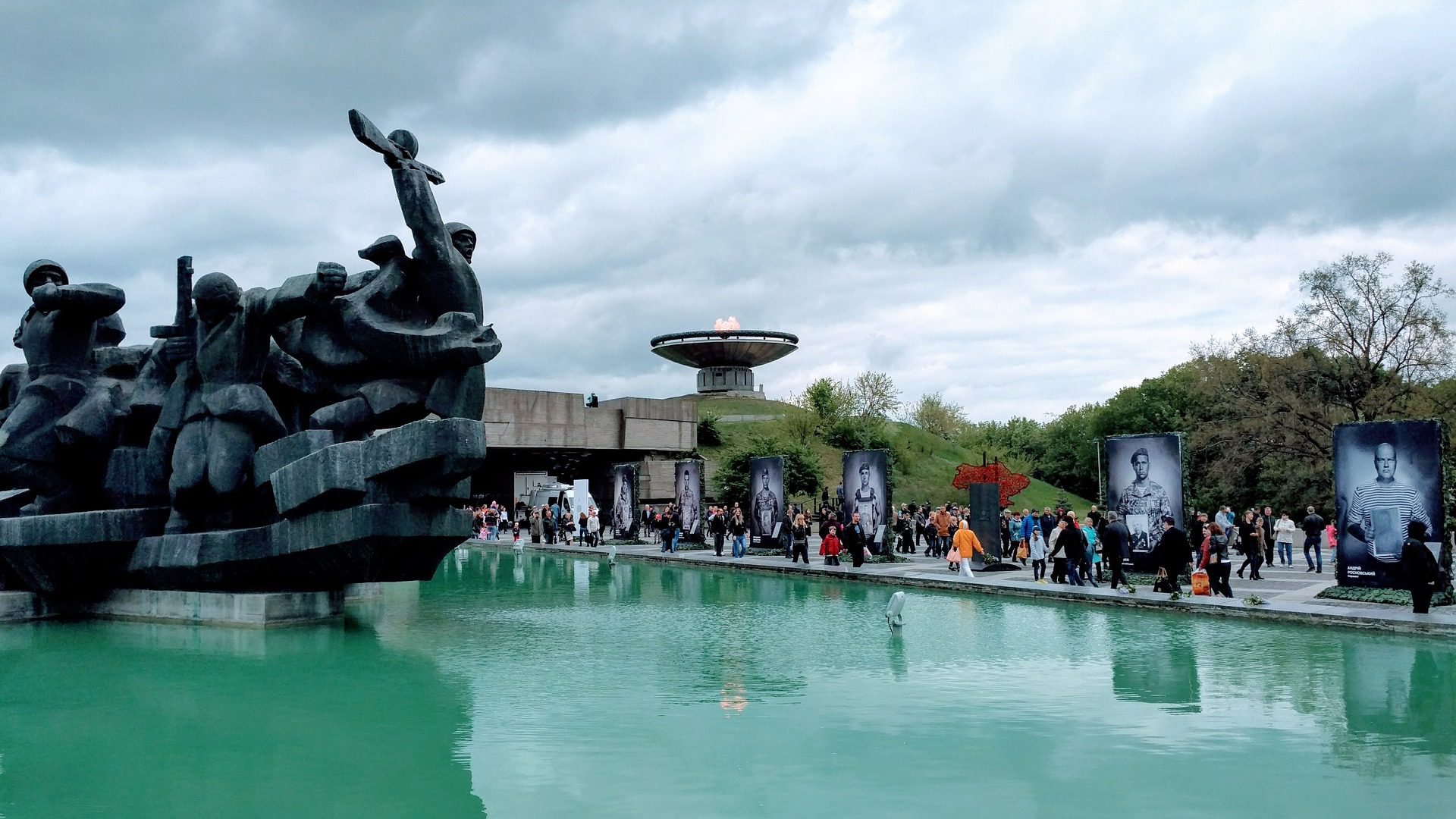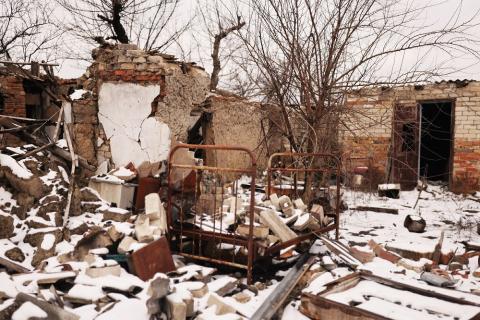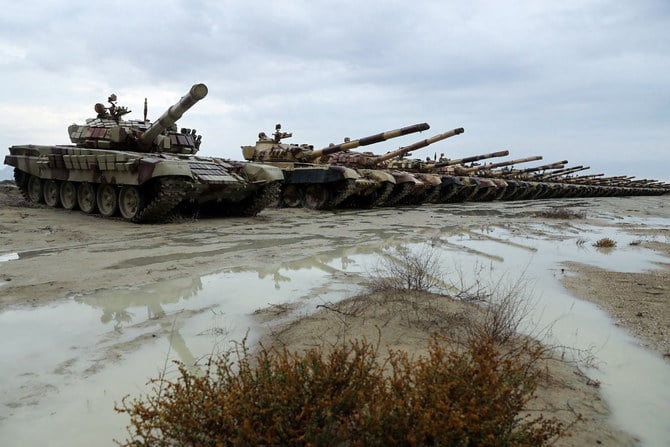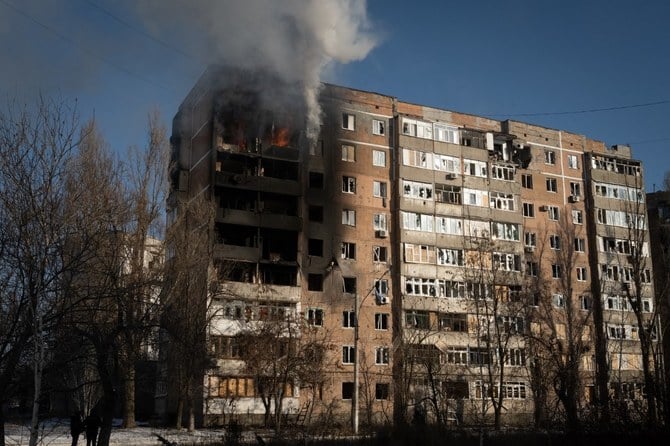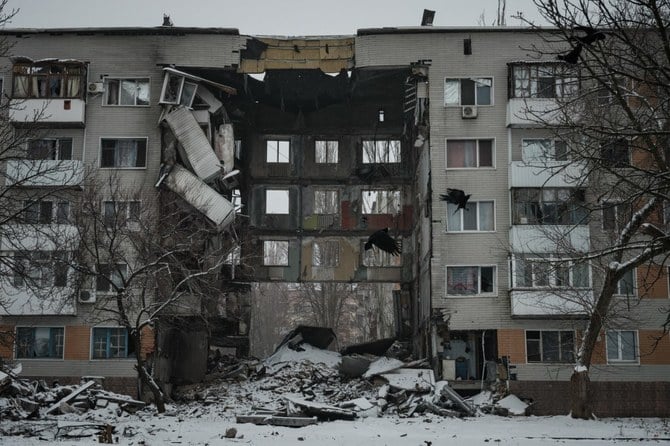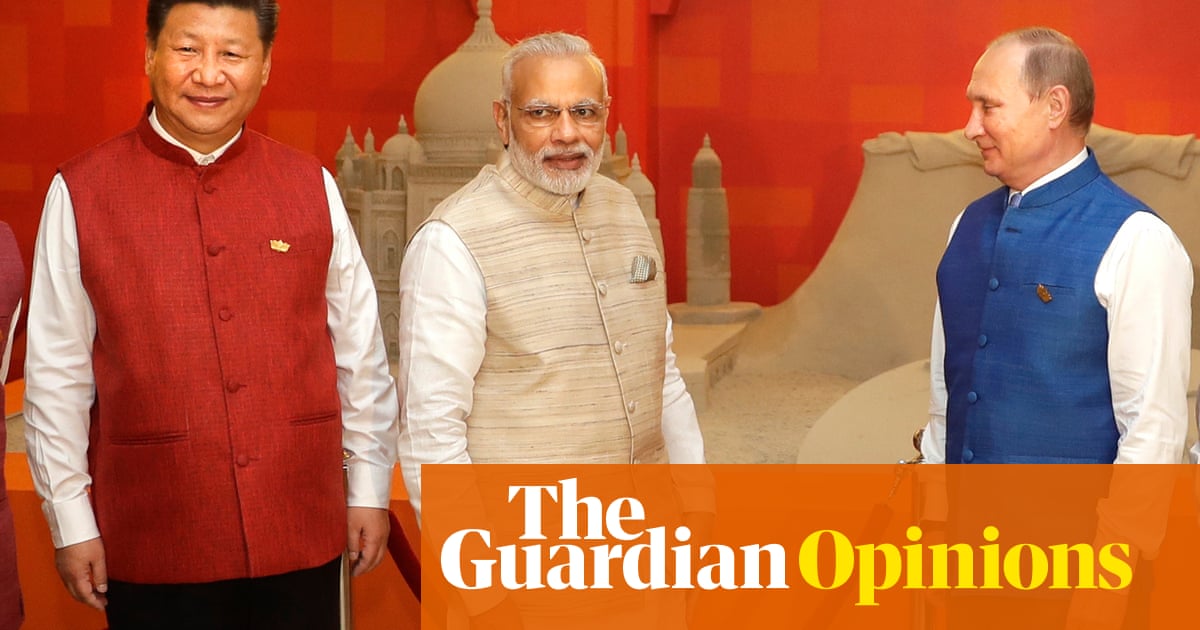
Turkey this week hosted another round of negotiations between Ukraine and Russia. As tragic as the Ukraine war is, it has become an opportunity for Ankara to improve its relations with Europe after a long period of tension.
Turkey has, in recent years, had a rough relationship with the EU, exacerbated by its combative attitude toward both France and Greece. Relations between Turkey and France first became tense over Libya, as the two NATO allies were supporting opposing sides. However, the animosity grew and reached a personal level as French President Emmanuel Macron said, following the beheading of a schoolteacher by a fanatic, that Islam needed “reform.” Erdogan used this comment to launch a campaign against France, even accusing Macron of having mental health problems. Meanwhile, the long-standing problem with Greece over Cyprus intensified in 2019, when Turkey demarcated its maritime border with Libya, cutting through Crete.
However, as Europe faced up to the Russian invasion of Ukraine, it found in Turkey a necessary ally, while Ankara seized the opportunity to rekindle its relationship with the EU. Last week’s NATO summit was an opportunity for Turkey and France to mend their relations. Meetings have already taken place between the two countries on a ministerial level. Their cooperation on Ukraine will also help them coordinate on other issues, such as Syria, Libya and the eastern Mediterranean.
Despite the previous bitterness between Macron and Turkish President Recep Tayyip Erdogan, their countries’ interests dictate that they cooperate. Turkey has been trying to get into the EU. However, its accession process, which started in 2005, initially failed due to French President Nicolas Sarkozy’s ferocious objection. Another opportunity arose in 2016, when the Syrian crisis produced a flow of refugees heading to the old continent. Turkey was a good buffer zone and it struck a deal with the EU, under which it absorbed many of the refugees and prevented them from traveling to Europe. In return, Ankara was promised visa-free travel for Turkish nationals in addition to €6 billion ($6.6 billion) and trade facilitation.
Then, however, the 2016 coup attempt took place in Turkey and mass arrests were made. This provided the perfect excuse for the Europeans to weasel out of a deal they were forced to strike in order to stop the flow of refugees. Since then, relations have soured, with the Turks driven by the sentiment of being cheated by Europe and left to handle the burden of 3.5 million refugees alone, with Europe providing minimal assistance. The nadir was reached when European Commission President Ursula von der Leyen was seated alone behindErdogan while her male colleague sat next to the Turkish president. Von der Leyen accused Erdogan of disrespecting her because she was a woman.
The coming months will reveal how carefully Erdogan treats his relations with the Europeans and what benefits they bring
Dr. Dania Koleilat Khatib
Today, Turkey is providing mediation that the Europeans are hoping will end the Ukraine conflict with the least damage possible. Meanwhile, Turkey’s strategic location is indispensable when crafting any policy to contain Russia. The war in Ukraine erupted at a time when Erdogan realized he had created far too many problems and that he needed to patch up ties with former allies who were on the verge of turning into enemies. This was greatly influenced by the economic situation in Turkey. Erdogan faces elections in a year’s time and he cannot afford a free-falling currency and deteriorating living standards.
The Turkish president started by engaging with the Arab Gulf countries and then turned to Europe. The Ukraine crisis coincided with his efforts to engage with Europe. In addition to its mediation and the support it is providing Ukraine thanks to its Bayraktar drones — as well its control of the straits that control the Russian navy’s access to warm waters — Turkey is also the endpoint of the Baku-Tbilisi-Ceyhan pipeline that transports 1 million barrels of oil per day from Central Asia to the Mediterranean.
Despite Turkey’s past coordination with Russia, Ankara and Moscow are on opposing sides in the conflicts in Syria, Libya and the Caucasus. Turkey would therefore not want Russia to win in Ukraine, as that would embolden Vladimir Putin in other territories. With its relations with heavy hitter France improving, ties with the EU are also likely to progress. The issues now are how Erdogan plans to use this opportunity to his country’s benefit, what role Turkey will play and what it will ask for in return. Of course, this crisis is an opportunity for Erdogan to make some of gains he could not make in 2005 and 2016.
The coming months will reveal how carefully Erdogan treats his relations with the Europeans and what benefits they bring. Will he gain concessions in Libya, Syria and the eastern Mediterranean? Will Turkey obtain access to the common market and visa-free travel for Turkish citizens? Or will it be another disappointment?
• Dr. Dania Koleilat Khatib is a specialist in US-Arab relations with a focus on lobbying. She is co-founder of the Research Center for Cooperation and Peace Building, a Lebanese nongovernmental organization focused on Track II.
Disclaimer: Views expressed by writers in this section are their own and do not necessarily reflect Arab News" point of view







